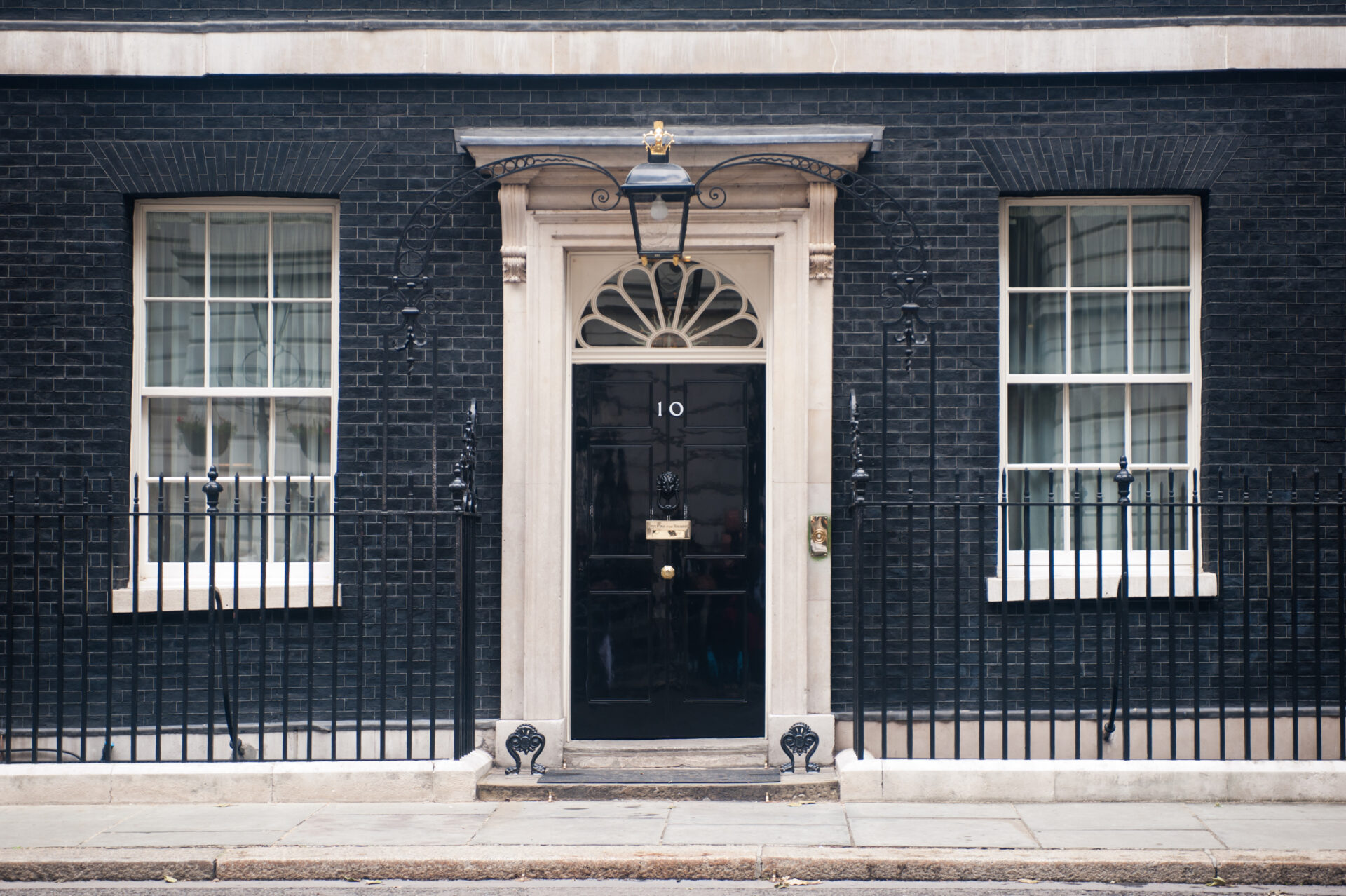Eligible full-time workers are set for a pay boost of up to £117 from this month due to the Government’s increase in the National Living Wage, which comes into effect today.
The changes include a record cash increase to the National Minimum Wage for younger workers and apprentices.
This is the first step towards removing minimum wage age bands, which currently result in a 21-year-old being paid more than a 20-year-old for doing the same job.
According to Government figures, the UK is currently second in the G7 in terms of the minimum wage relative to average wages for a full-time worker, ahead of the US, Germany and Japan.
Deputy Prime Minister, Angela Rayner, said: “This pay rise for over three million of the lowest paid workers was a priority for this Government and means we’re already giving hard working people more money in their pockets and a proper wage increase worth over twice the rate of inflation.
“These changes are part of our Plan for Change – to raise living standards for people across the county, including apprentices and young people, giving them more job security and the huge pay boost they deserve too.”
Chancellor of the Exchequer, Rachel Reeves, said: “In the last Parliament, living standards were the worst on record and sky-high inflation was crushing working people’s finances.
“Today we have raised the national minimum and living wages, meaning the lowest paid will receive an annual pay boost of up to £2,500 – something that wouldn’t have happened without my Budget last year.
“Making work pay is good for workers, will strengthen businesses’ workforces, and will grow our economy for years to come.
“It’s a key milestone on my number one mission to get more money in people’s pockets as we deliver our Plan for Change.”
Business Secretary, Jonathan Reynolds, added: “We promised to make low pay a thing of the past. Now, as part of our Plan for Change and the biggest upgrade to worker’s rights in a generation, we are delivering that.
“Low pay is not only bad for workers, it prevents them from spending on our high streets and allowing local businesses to achieve their full potential.
“By ensuring that everyone gets a fair wage for the hours they work, we’re delivering the financial stability needed to kick-start economic growth and ensure our country is fit for the future.”
The Government said it plans to spend billions to support people suffering under cost-of-living pressures inherited from the previous administration.
This includes a £7.8bn investment in State Pension spending, maintaining the Triple Lock commitment to ensure pensioners are not left behind.
£3bn has been allocated to freeze fuel duty.
£1bn, including the Barnett impact, will be used to extend the Household Support Fund in England and Discretionary Housing Payments in England and Wales in 2025–26.
£460m is being invested in the Warm Homes scheme to help the poorest households heat their homes.
A £25m boost to the Carer’s Allowance has also been confirmed to support people caring for loved ones.
This is in addition to the £7.8bn being spent in 2025–26 to protect the value of the State Pension and reflect population changes.
Reaction:
Julian Richer, founder of retailer Richer Sounds and the Good Business Charter:
“One of the best ways to increase living standards and productivity in the UK is to put more money straight into people’s pockets with a National Minimum Wage increase that can be spent in shops and the economy to boost growth.
“From this increase we can expect to see employee morale, productivity and retention all going up and hopefully will benefit millions of workers.”
Paul Nowak, general secretary at TUC:
“This increase in the national minimum wage will make a real difference to the lowest paid in this country and setting out a path to end the outdated and unfair youth rates will give young workers a boost up and down the country.
“More money in working people’s pockets means more spend on our high streets – that’s good for workers and good for local economies.”
Debbie Crosbie, CEO at Nationwide:
“The Government’s Plan for Change is a welcome and clear plan for growing the economy, strengthening businesses and supporting employees.
“Eliminating low pay will make sure that everyone shares in the progress the country makes.
“Nationwide has long championed the national minimum and living wage and we welcome this focus on improving living standards and boosting productivity.”
Peter Jelkeby, chief executive and chief sustainability officer, IKEA UK and Ireland:
“People are at the heart of IKEA’s success, and we recognise the challenges they face from inflationary pressures and rises in the cost of living.
“Businesses rely on a skilled, engaged and committed workforce, so ensuring that wages reflect the cost of living is the right route to providing that.”
Chris O’Shea, chief executive at Centrica Group:
“A strong, sustainable economy needs wages that rise in line with productivity and needs to ensure people can live well.
“As a Real Living Wage employer, we applaud this uplift in the National Minimum Wage for the millions of workers who will power the country’s economic growth.
“Government and business need to work together to drive prosperity to ensure workers get their fair share and to reduce inequality and raising living standards.
“With the right policy choices—particularly in our energy sector—we have a vital opportunity to unlock billions of pounds of investment, boost growth and productivity, while creating thousands more well-paid jobs across the UK.”
Danielle Harmer, chief people officer, Aviva:
“We’re proud to be a real Living Wage Employer in the UK, including for our contractors and suppliers who work on our sites.
“Supporting our colleagues to thrive is good for them, our business, and our customers.”
Nicola Ryan, director of colleague support at One+All in Greater Manchester:
“We are very pleased with the increase to the National Minimum and Living Wage.
“This is great news for the millions of lower paid workers, as we know far too many working parents and their children are in poverty.
“We know that employees who have less financial stress do a much better job which leads to higher productivity and customer satisfaction.”

















